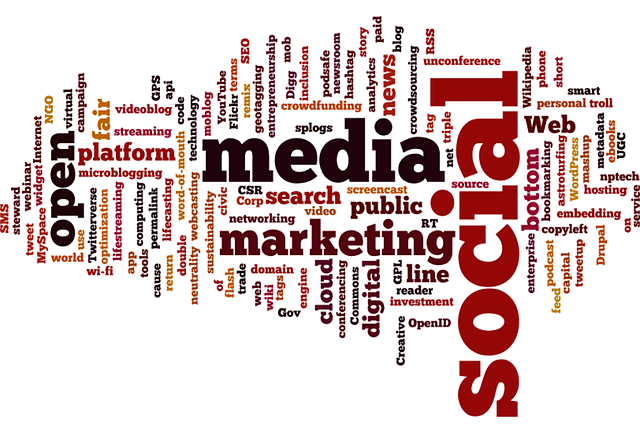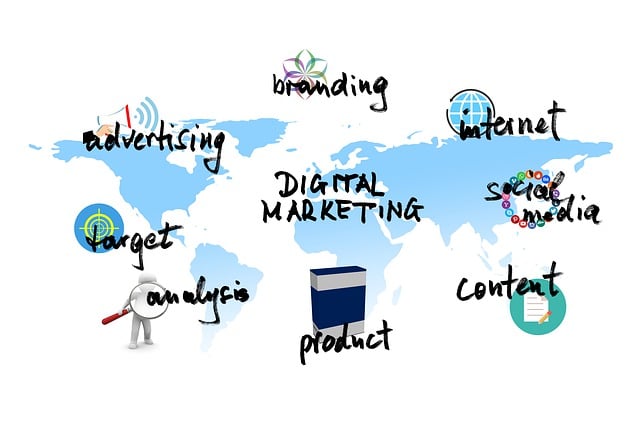Real estate businesses can enhance community engagement and brand reputation by strategically sponsoring local teams and festivals. This involvement drives customer loyalty through positive word-of-mouth, fosters community ties, and offers customizable sponsorship levels for diverse organizational needs. Measuring impact through KPIs like event attendance and social media engagement ensures meaningful partnerships aligned with both business goals and community aspirations.
“In today’s competitive market, real estate professionals can leverage their success by investing in local communities. Sponsoring local sports teams or festivals isn’t just about brand visibility; it fosters a strong connection with your community. This article explores the benefits of such initiatives, provides effective strategies for engagement, and guides you through measuring the impact on both your business and the sponsored events. By the end, you’ll understand how these partnerships can drive positive outcomes.”
Benefits of Supporting Local Communities

Supporting local teams and festivals is a powerful way for real estate businesses to give back to their communities. By partnering with these initiatives, companies can foster a sense of belonging and strengthen community ties. This engagement not only enhances the brand’s reputation but also encourages positive word-of-mouth marketing, which is invaluable in today’s competitive market.
Moreover, such support can lead to increased customer loyalty and retention. Local residents who see businesses actively contributing to their community are more likely to become loyal patrons. This investment in the community’s fabric creates a win-win situation where both the locals and the real estate company benefit, fostering a sustainable and thriving environment for all.
Effective Strategies for Sponsorship Engagement

Engaging with local teams and festivals through sponsorship can be a powerful way to connect with your community and build brand visibility, especially in the real estate sector. One effective strategy is to offer diverse sponsorship levels tailored to different organizations’ needs and budgets. For instance, provide a basic package for small businesses or community groups, which may include logo placement on event collateral and mention during opening ceremonies. For larger festivals or well-known teams, offer more exclusive benefits like prime advertising spaces, personal branding experiences, or even naming rights to a specific event or facility.
Additionally, ensure active participation throughout the sponsorship period. Send representatives to events to interact directly with attendees, showcasing your brand’s personality and values. Sponsor activation ideas can include interactive booths, product demonstrations, or community challenges that encourage engagement. By creating memorable experiences, you foster lasting connections, turning one-time sponsors into loyal advocates for your real estate brand.
Measuring Impact: Evaluating Festival or Team Success

Measuring the impact of sponsoring local teams or festivals is crucial for any real estate business looking to make a meaningful difference in their community. By evaluating the success of these initiatives, sponsors can gain valuable insights into the reach and effectiveness of their support. This process involves tracking key performance indicators (KPIs) specific to each event, such as attendance numbers, media coverage, and social media engagement. For instance, a sponsor might measure the increase in foot traffic at a sponsored festival or the growth in followers on the team’s social media platforms following their partnership.
Additionally, qualitative assessments are equally important. This includes feedback from attendees, participants, and local businesses that benefit from the event. Real estate sponsors can use these evaluations to understand how their contribution has positively impacted the community, strengthened local ties, and potentially attracted new customers or tenants. By regularly assessing these factors, real estate professionals can ensure their sponsorship strategies align with both business goals and community development aspirations.






